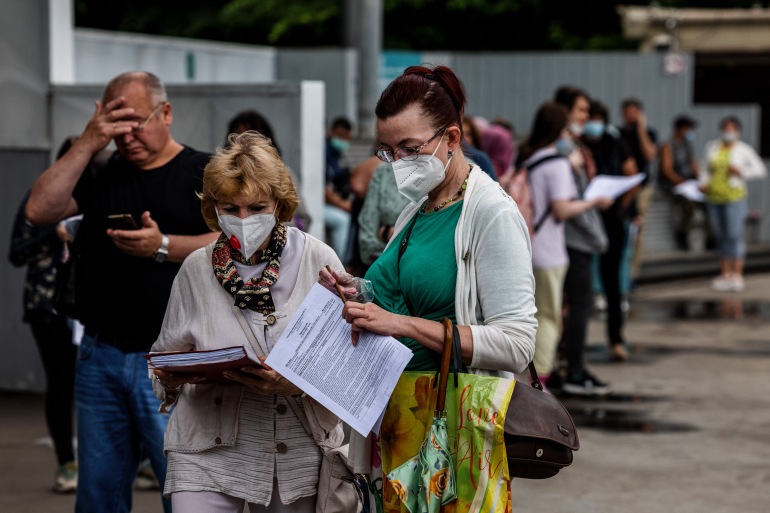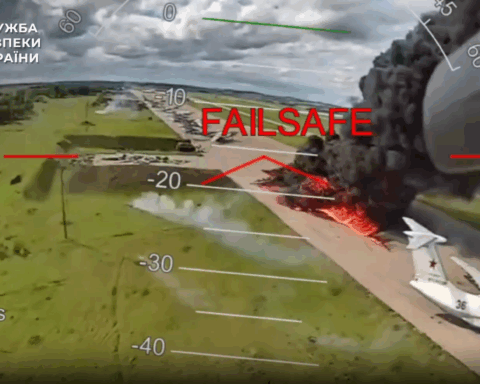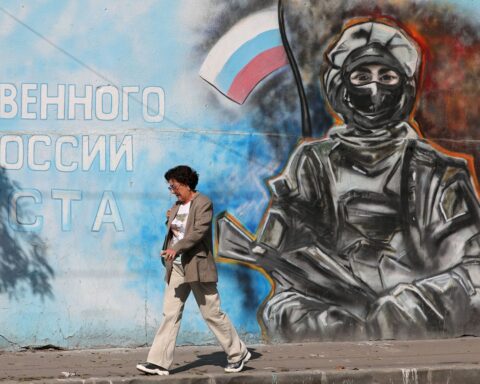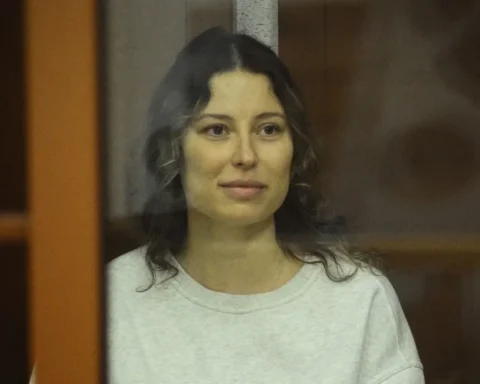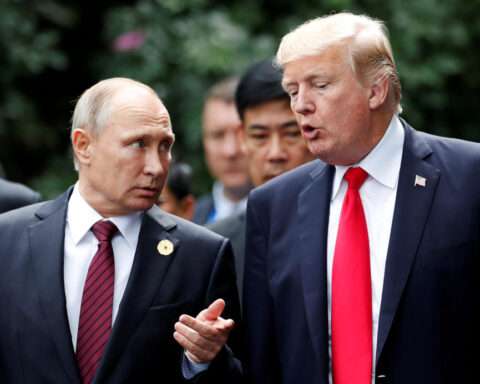Russian government officials reported 936 new deaths linked to the coronavirus on October 8, a record daily high in the country that already has the highest COVID-19 death toll in Europe.
It was a third day in a row in which new COVID-19 deaths topped 900 in Russia, according to statistics from the country’s coronavirus task force.
More than 214,000 deaths have been confirmed in Russia. Many observers say the government’s conservative manner of recording deaths linked to COVID-19 indicates the actual number is likely higher.
The task force reported 27,246 new confirmed cases on October 8, slightly below the previous day’s record figure of 27,550.
Beginning late last month, the number of new cases and deaths began to surge in Russia as authorities struggle to increase low vaccination rates.
Government officials said as of October 8, about 33 percent of Russians, or 47.8 million people, had received at least one shot of a vaccine. Some 29 percent of Russia’s 146 million population, or 42.4 million people, had been fully vaccinated, officials said.

The Kremlin has resisted imposing a new nationwide lockdown to stem the rise in infections, preferring to allow regional authorities to set restrictions.
Kremlin spokesman Dmitry Peskov said on October 6 that lockdowns would be “an absolutely undesirable scenario for any region.”
Entry to large public events and at theaters and restaurants has been restricted to vaccinated individuals in some regions, but many experts say the measures are not doing enough to halt the rise in infections.
Since the start of the pandemic, Russia’s coronavirus task force has reported more than 7.7 million confirmed cases and 214,485 total deaths, making it the world’s fifth-worst-hit country.
Russia’s state statistical service Rosstat’s latest coronavirus data showed more than 254,000 deaths in the first eight months of 2021, surpassing the more than 163,000 coronavirus deaths for all of 2020.
Rosstat publishes figures under a broader definition for deaths linked to the virus than the government does.
The country has seen cases climb since August, driven by the highly contagious Delta variant.
Several Russia-made vaccines have been available for months, but authorities have struggled to encourage its vaccine-sceptic population to get inoculated.
In the capital, Moscow, Mayor Sergei Sobyanin said the city was “far from peak numbers” and that the growing infections are largely linked to high detection rates.
Andrei Shkoda, chief physician at a Moscow hospital, told Russian television that “at the moment, the scenario is pessimistic.”
“The more people are vaccinated, the sooner the pandemic will subside, and we will not have to wait until 2024 or 2025,” he said.


